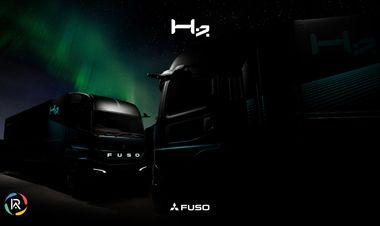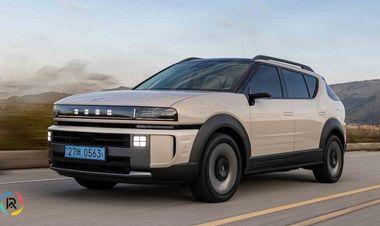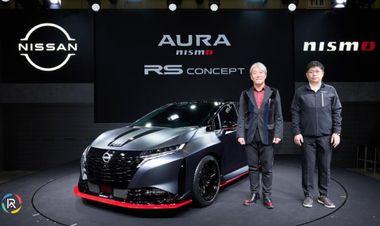Glasgow- Hydrogen Vehicle Systems (HVS)., has today laid out its plans to disrupt the haulage industry, unveiling a clean-sheet-designed hydrogen-electric Heavy Goods Vehicle (HGV.
Showcasing its game-changing hydrogen powertrain in the form of a 40-tonne HGV technology demonstrator underlines the company’s objective of being the first indigenous UK designed and developed hydrogen-electric HGV on the market.
With government targets to curtail sales of all non-zero emission 3.5 -26t HGVs set to come into play by 2035 or earlier and all sales of new non-zero emission HGVs by 2040, HVS and its world-leading technology have the potential to play a crucial role in allowing emissions reduction targets to be achieved. In addition to funding from the Advanced Propulsion Centre, Innovate UK, Scottish Enterprise and Energy Technology Partnership, HVS’ strategic investment partner is the service station and grocery corporation, EG Group, offering hydrogen refuelling infrastructure, fleet customer base and the potential for global scalability
Mr. Jawad Khursheed, Chief Executive Officer of HVS said that, “We are delighted to reveal our 40-tonne HGV at the Commercial Vehicle Show. This technology demonstrator showcases our ground-breaking hydrogen-electric commercial vehicle design and advanced powertrain technology. Our zero-emission trucks are a key part of decarbonising the logistics sector. Hydrogen is the perfect fuel for the haulage industry, offering long ranges and quick refuelling thanks to stations being easily integrated into existing key transport networks. What’s more, we will supply our customers with the most advanced HGV in the sector delivering a step change in driving experience and efficiency.”
HVS’ tractor units will be built on an all-new chassis, designed in-house around the hydrogen powertrain, which consists of pressurised hydrogen cylinders, fuel cells, an energy storage system and electrified rear axle.
Designed in-house by Pete Clarke, Head of Design, who has a wealth of experience designing commercial vehicles that he brings to bear on HVS’ striking truck designs, the unique ground-up design brings innovation in packaging, performance, efficiency, weight, range, consumption, maintenance, and lifecycle benefits. The technology demonstrator’s unique design allows significantly improved aerodynamics compared with current Internal Combustion Engine (ICE) trucks.
Consequent benefits include enhanced fuel efficiency on long-haul runs and improved spatial ergonomics within the cab, including better access and more room at the controls, not to mention sector-leading aesthetics. HVS’ vehicle powertrain employs a fuel cell system and energy storage system to deploy electricity to an electric motor to transmit power to the wheels. It uses the KERS (Kinetic Energy Recovery System) to recapture energy under braking and while the truck is slowing down.
The integrated powertrain is controlled with HVS' advanced control system ‘SEMAS,’ which monitors interactions between drivers and control systems, delivering class-leading fuel efficiency and durability.
The fuel cell permits longer range, higher load-carrying capacity, and faster refuelling than would be possible using battery-electric technology alone: typical refuelling time is comparable to diesel, around 20 minutes to replenish the high pressure hydrogen tanks. It is in the long-distance HGV segment that hydrogen fuel cells offer the most advantages. Depending on the journey - the route travelled, road conditions and driving style - HVS’ HGV has the capacity to travel up to 370 miles (600km).







